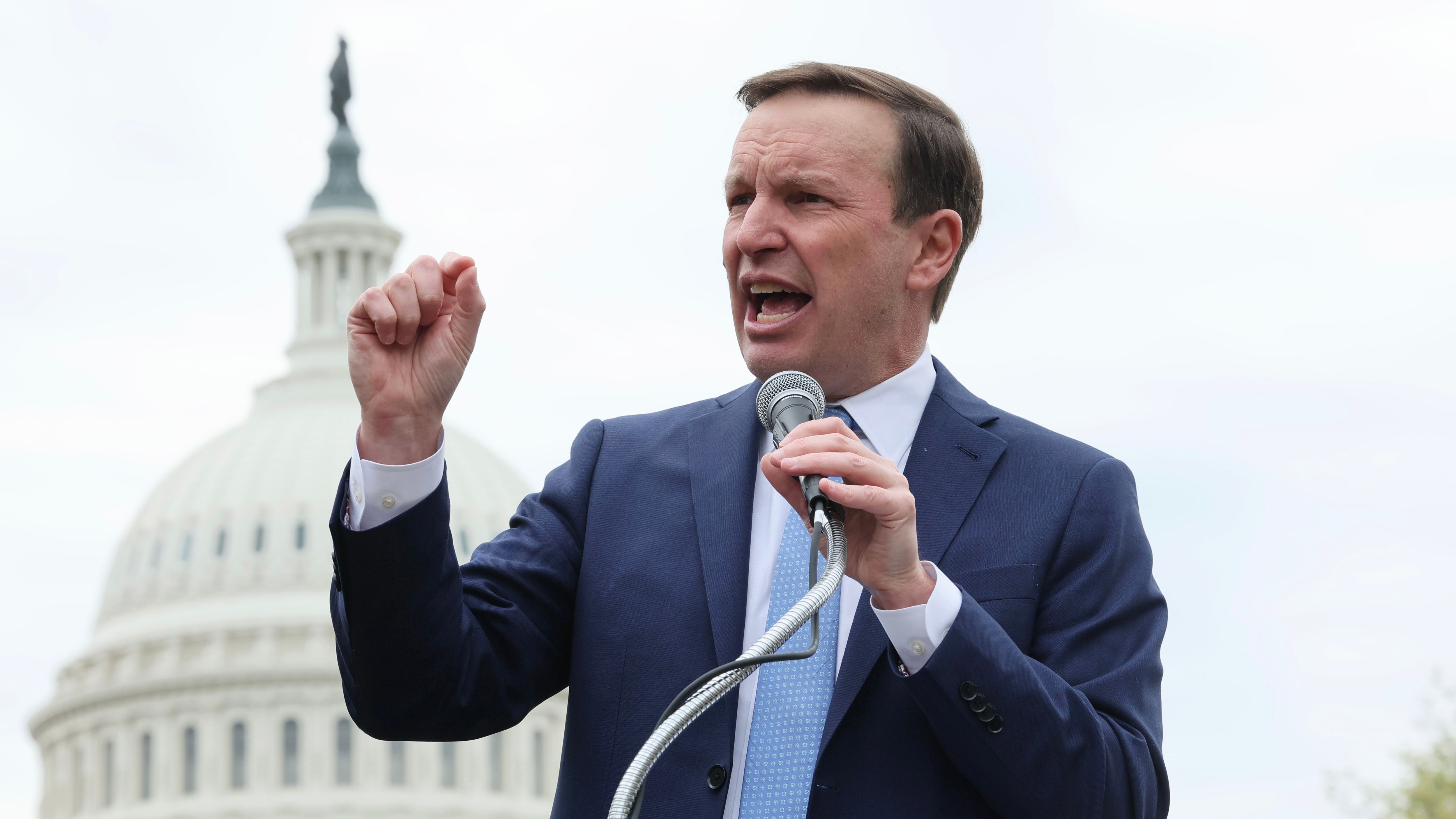
Senator Chris Murphy Proposes Bill Against Presidential Financial Interests in Crypto
Senator Chris Murphy's proposed legislation aims to prevent senior government officials from endorsing financial assets like cryptocurrencies, citing potential corruption linked to President Trump's crypto involvement.
Overview
Democratic Senator Chris Murphy has introduced a significant piece of legislation aimed at restricting top government officials from endorsing financial assets, including cryptocurrencies, as a response to President Donald Trump’s engagement in the crypto space.
Key Points:
- Murphy’s bill intends to bar senior officials in both the administration and Congress from promoting financial products, which encompasses cryptocurrencies.
- Senator Elizabeth Warren has commented on legislative strategies to engage Democrats in stablecoin discussions.
- The lawmakers have expressed concerns about potential corruption within the administration.
Additionally, Murphy’s new bill, the Modern Emoluments and Malfeasance Enforcement (MEME) Act, aims to prohibit the president and their family members from participating in memecoins or similar financial ventures. This follows concerns that Trump’s activities could lead to ethical issues, particularly since his family’s financial interests are interconnected with major cryptocurrency transactions.
“The Trump meme coin is the single most corrupt act ever committed by a president,” Murphy noted. “Donald Trump is essentially posting his Venmo for any billionaire CEO or foreign oligarch to cash in some favors by secretly sending him millions of dollars.”
Warren criticizes Trump’s approach, insisting on the need for strict oversight in stablecoin legislation to ensure that government officials do not abuse their positions for personal gain.
In summary, the proposed legislation reflects the Democratic party’s response to what they view as potential corruption tied to Trump’s financial dealings in the crypto market. Both Murphy and Warren continue to navigate legislative pathways that address the complexities of cryptocurrency regulations.


